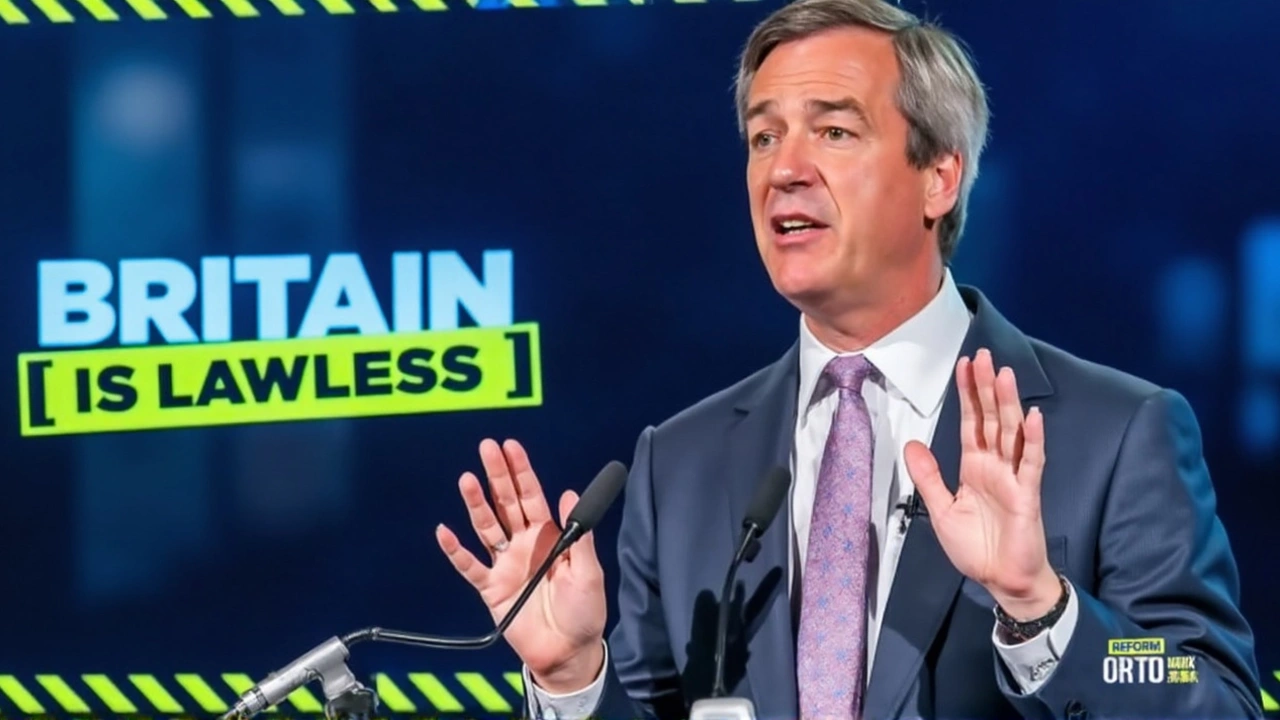VPNs Surge as Brits Flee New Online Barriers
When the UK’s long-debated Online Safety Act finally took effect on July 25, 2025, something strange happened overnight: VPN apps shot to the top of every download chart, and companies like ProtonVPN saw their UK sign-ups explode by up to 1,800%. While politicians cheered the new law as a shield for teens against harmful content, grown-ups all over the country had just one thought—find a way around those new guardrails fast.
The Act dictates that big platforms—think Reddit, X (what we used to call Twitter), and Grindr—must proactively weed out anyone underage who tries to view suicide, self-harm, eating disorder, or adult material. That means age checks in places most people never ran into them before. The law claims it's about protection. In practice? Brits are nervous about who’s tracking their clicks, and VPNs are their go-to privacy parachute.
Just check Google Trends, the Apple App Store, or any tech forum—VPNs are officially the new must-have utility. ProtonVPN admitted its spike dwarfed any previous rush, including their busy days during crackdowns abroad. In other words, this wasn’t just an initial blip. Demand has stayed sky-high, and it’s a visible backlash against the new digital boundaries.

Backlash Grows and Questions Remain
This isn’t just about a few teenagers unable to open certain sites. Adults fear their private data—proof of age, browsing habits, maybe even personal IDs—could be logged, leaked, or hacked. The government claims it has everyone’s best interests at heart, but trust is in short supply. Critics accuse the law of being both intrusive and easily sidestepped, pointing out how the surge in VPN sales proves tech-savvy users aren’t exactly stumped by digital fences.
The resistance is pretty loud. Over 280,000 people have signed a parliamentary petition calling for the Act to be scrapped, forcing ministers to revisit the debate. Privacy campaigners keep saying the plan won’t work—determined users have tools to outsmart whatever’s thrown at them. And, as always, there’s a murky side: Not all VPNs actually protect users. Some log your activity, some leak your location, and the dodgiest ones will even serve up malware instead of anonymity.
Ofcom, the media watchdog, isn’t sitting still either. It’s warning platforms: Do not let VPN workarounds slide. If they do, fines could hit £18 million—or a whopping 10% of their global turnover. Senior company bosses who look the other way could wind up facing criminal charges. It’s a high-stakes showdown between regulators, privacy-focused adults, and tech companies caught in the middle.
Experts like those at ProtonVPN draw parallels to past moments when governments have tried tightening online freedoms—look at what’s happened during civil unrest and censorship in other corners of the world. The VPN boom signals one thing: British internet users aren’t ready to give up digital privacy without a fight.
